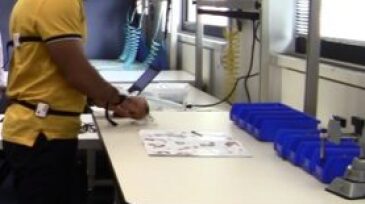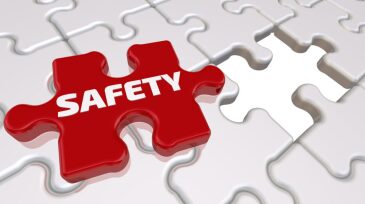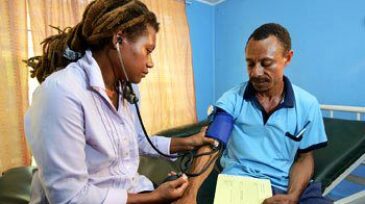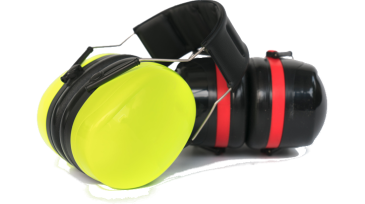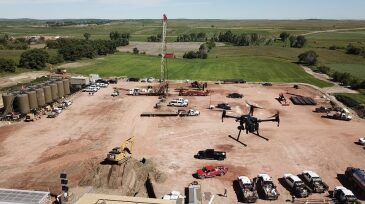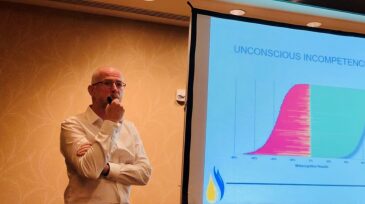Safety
The company said its frequency of serious incidents was down at the end of the year from its levels at the end of 2024.
This paper presents a novel application of artificial intelligence in computer vision for automating blowout-preventer pressure-chart-data extraction, demonstrating significant efficiency gains and a high return on investment.
This paper examines how real-time monitoring can improve both incident prevention and emergency response in the oil and gas industry. Drawing from real-world examples and case studies, it provides practical strategies for implementing this technology effectively.
-
A 3-year study that demonstrated how to capture a worker’s safety performance and translate the data into personal fatigue levels is the first step in creating a framework that can identify research-supported interventions that protect workers from injuries caused by being tired on the job.
-
Companies waste countless resources measuring the wrong things, not measuring at all, or failing to keep "the most important thing, the most important thing."
-
As part of the Papua New Guinea Liquefied Natural Gas project, a systematic longitudinal effort was made to collect a broad range of morbidity and mortality data for those communities directly adjacent to the project. These data were used to inform workplace disease-monitoring efforts.
-
A report from Norway’s Auditor General criticizes several aspects of the way health, safety, and the environment in the Norwegian oil and gas industry is followed up by the Petroleum Safety Authority Norway.
-
Occupational exposure to vibration has been associated with an increased risk of musculoskeletal pain in the back, neck, hands, shoulders, and hips and also may contribute to the development of peripheral and cardiovascular disorders and gastrointestinal problems.
-
This study investigated the association between occupational noise exposure and the risk of elevated blood pressure and hypertension by stage in young adults.
-
One of the more significant benefits of drones in the field to date has been their ability to improve safety in the field.
-
Safety training must hurdle barriers built by people’s confidence in their misconceptions.
-
A hands-on workshop set for 14 February in Houston will be led by industry leaders in health, safety, and environment to provide participants the opportunity to learn how to inspire, motivate, and lead for safety and operational excellence.
-
SponsoredNew extreme environment ultracapacitor technology will allow directional drillers to eliminate lithium from their entire supply chain. These advanced ultracapacitors can be coupled with downhole turbine generators to provide reliable downhole power without the need for lithium.




